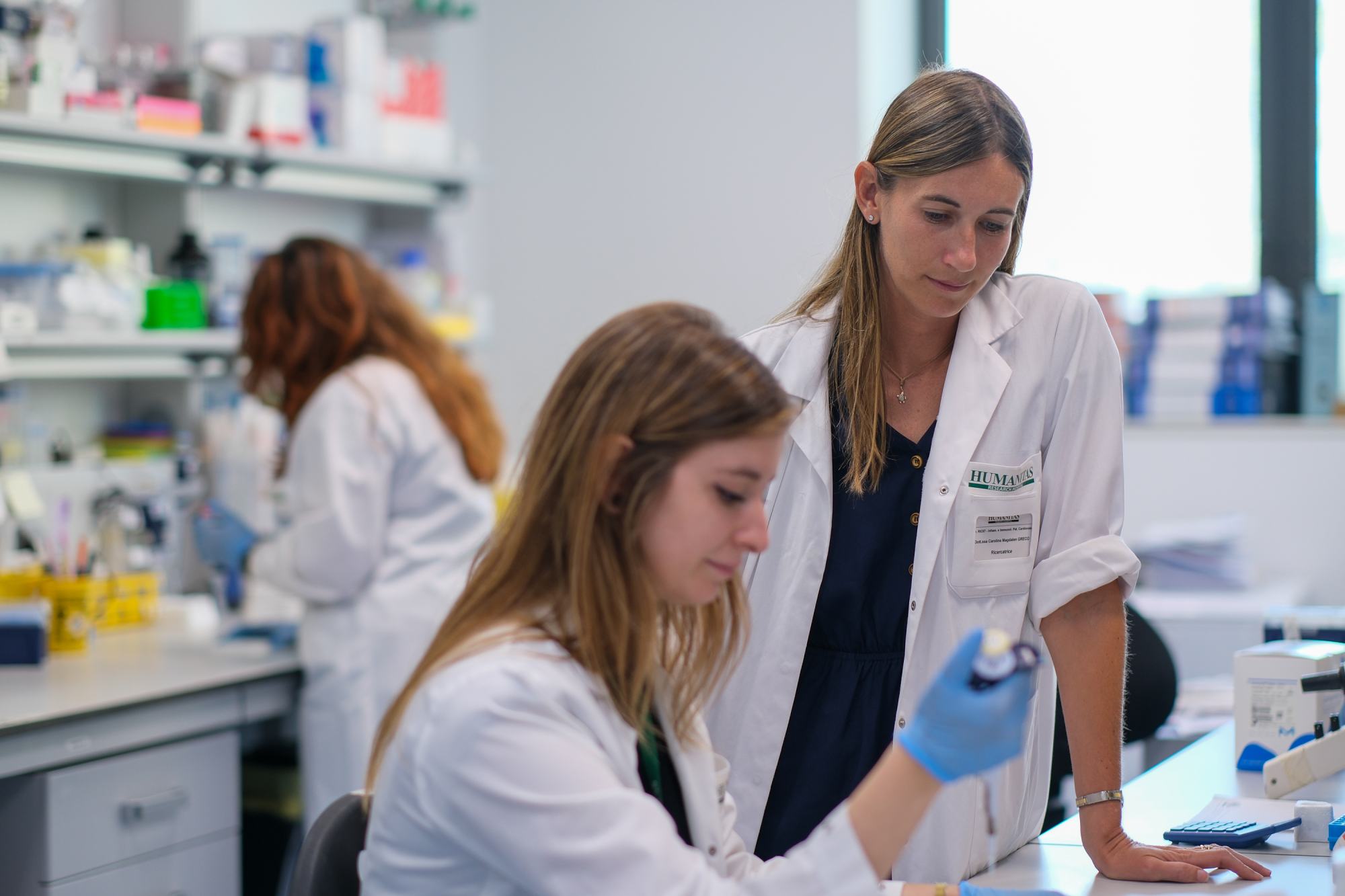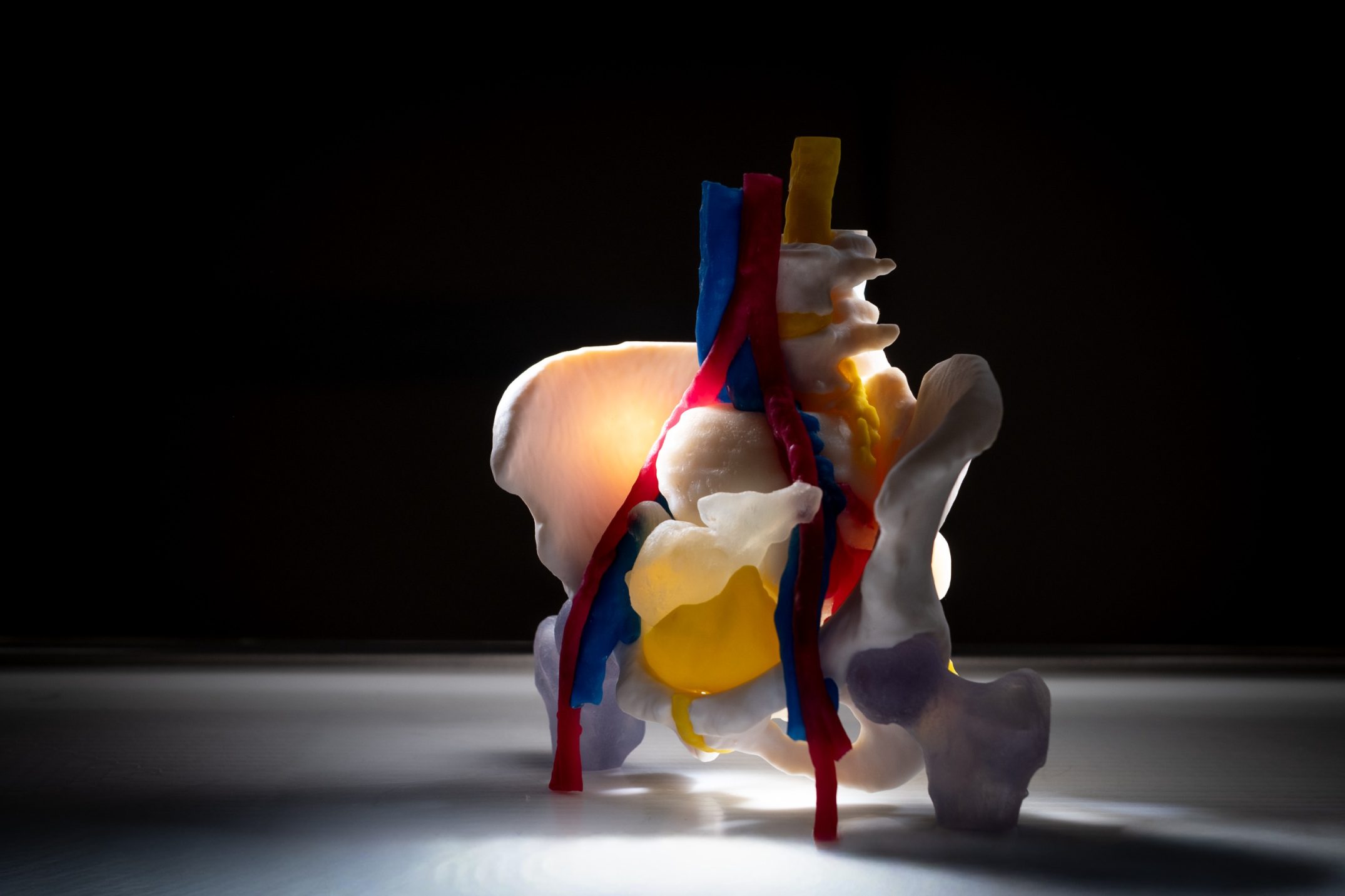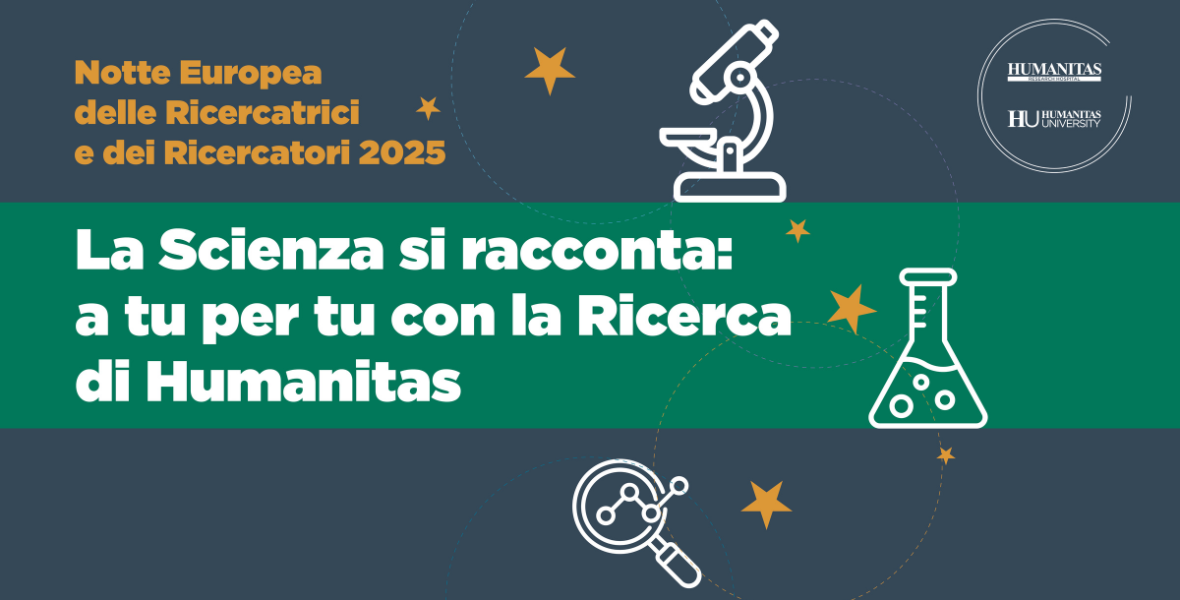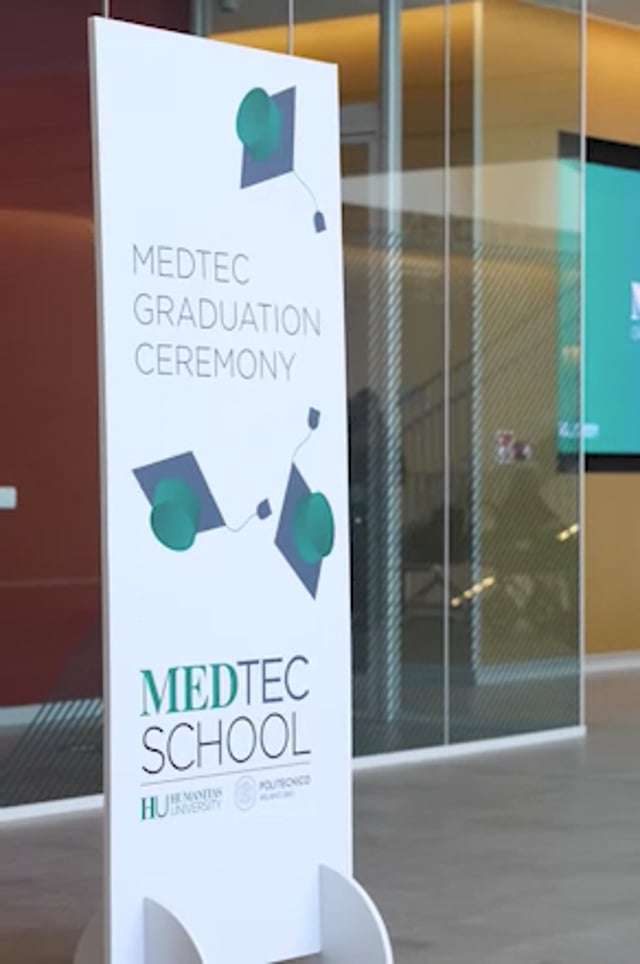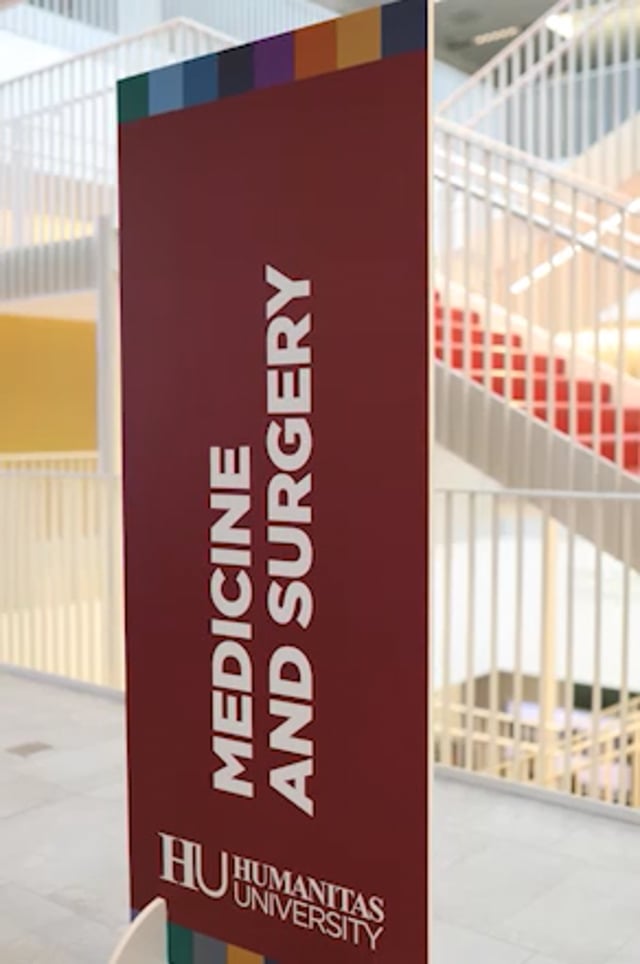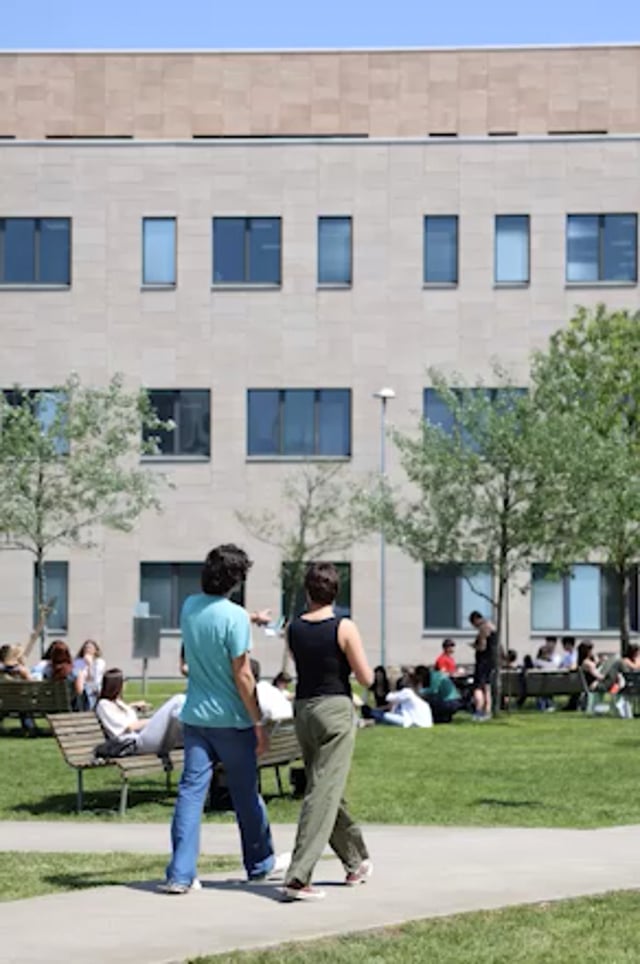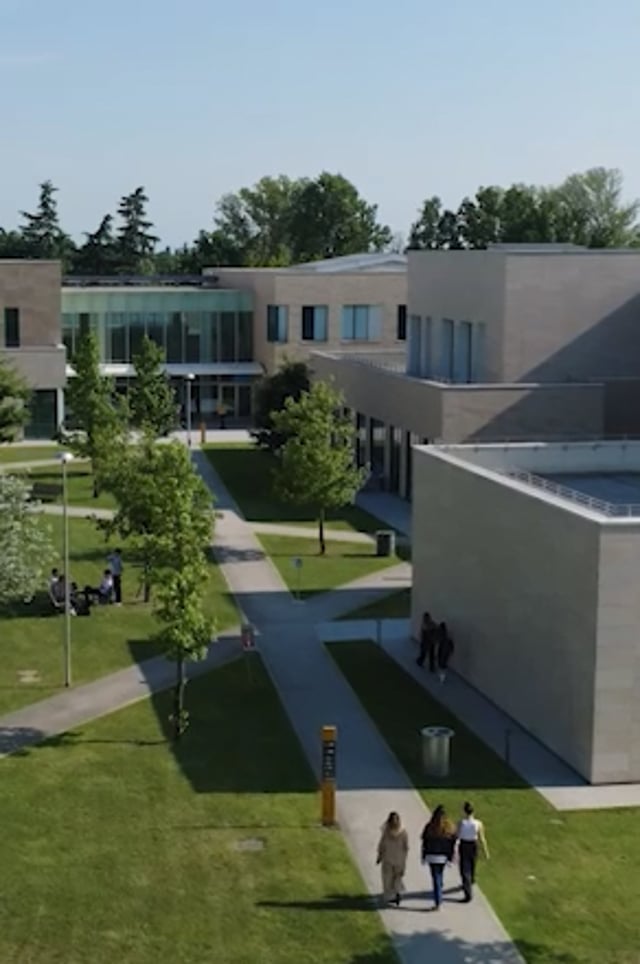A study directed by Humanitas University researcher Carolina Greco, who has received a coveted ERC Starting Grant of 1.7 million Euros, aims to improve our understanding of the most common cardiac disease in developed nations.
Despite being the ultimate result of numerous cardiovascular disorders and affecting around 60 million people globally, including more than 10% of the Italian population over the age of 65, heart failure remains a poorly understood condition with few effective treatments. This is why Carolina Greco – Assistant Professor at Humanitas University and Junior Group Leader of Humanitas’ Circadian Metabolism Laboratory, plans to investigate it from a whole different angle.
In heart failure, the heart is unable to pump blood as efficiently as it should. But instead of focusing solely on what happens in the heart, the group led by Carolina Greco will investigate how heart failure modifies the metabolism of the entire body and alters the functioning of the so-called “circadian clocks,” proteins that keep time within cells and maintain synchronization among various organs with the day-night cycle.
What molecules does the failing heart use to communicate with the liver and the skeletal muscle system? How does it change energy consumption in these tissues? Is it possible to alter the course of the disease by targeting metabolism in organs other than the heart?
These are some of the questions that the CODE-HEART project, which has won a 2024 ERC Starting Grant awarded by the European Commission on a highly competitive basis, will seek to answer. It is one of 41 projects funded in Italy in this round, with only 9 in the life sciences area.
“Receiving an ERC grant is much more than recognition; it is an extraordinary opportunity to conduct high-impact frontier science,” says Carolina Greco. “With CODE-HEART, I want to change our understanding of heart failure as a systemic disease that affects the metabolism of the entire body and pave the way for the search for new therapeutic approaches.”
Carolina Greco’s ERC will be the third ERC project currently ongoing in Humanitas: Simona Lodato – Associate Professor at Humanitas University and Group Leader of the Humanitas Neurodevelopment Laboratory, won the ERC Starting Grant in 2021, while Michela Matteoli – Full Professor at Humanitas University and Director of the Humanitas Neuroscience Program, obtained the prestigious ERC Advanced Grant in 2022.
